Solar charge controller
*Built-in industrial LCD microcontroller
*Fully 3-stage PWM charge management
*2 x USB Charger
*12/24 Volt
*20 Amp
A solar charge controller is a device that regulates the flow of electricity from solar panels to a battery, ensuring safe and efficient charging.
It prevents overcharging and over-discharging, which can damage or shorten the lifespan of the battery. Essentially, it acts as a gatekeeper between the solar panels and the battery, monitoring voltage and current to optimize the charging process.
Here’s a more detailed breakdown:
-
-
Regulation:Charge controllers adjust the voltage and current from solar panels to match the battery’s charging needs, preventing excessive power flow that could damage the battery.
-
-
Overcharge Protection:When the battery reaches full capacity, the charge controller stops or reduces the charging current to avoid overcharging, which can lead to battery degradation and potential safety hazards.
-
Monitoring:Charge controllers monitor the battery’s voltage and current to ensure the charging process is safe and efficient.
-
Efficiency:By optimizing the charging process, charge controllers help maximize the energy harvested from solar panels and ensure that the battery receives the most efficient charge.
-
Different Types:There are various types of charge controllers, including Pulse Width Modulation (PWM) and Maximum Power Point Tracking (MPPT) controllers, each with its strengths and weaknesses. PWM controllers are simpler and less expensive, while MPPT controllers are more efficient at extracting power from solar panels, particularly in situations with varying solar irradiance or panel voltage, according to Morningstar Corporation.

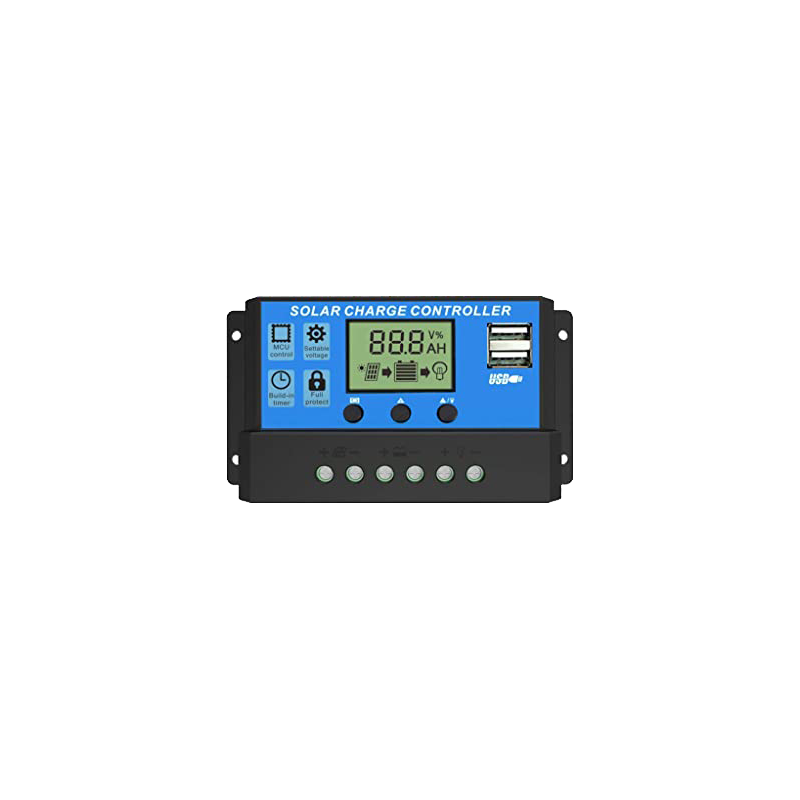
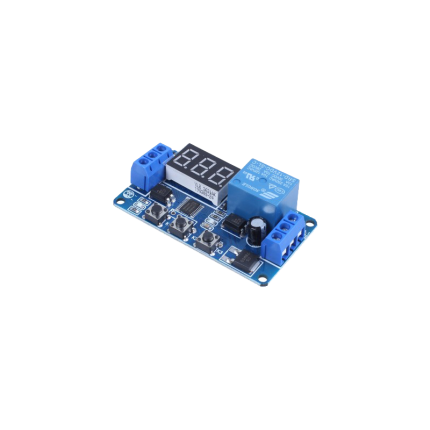
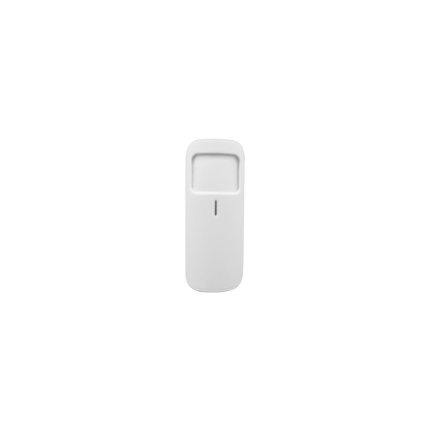

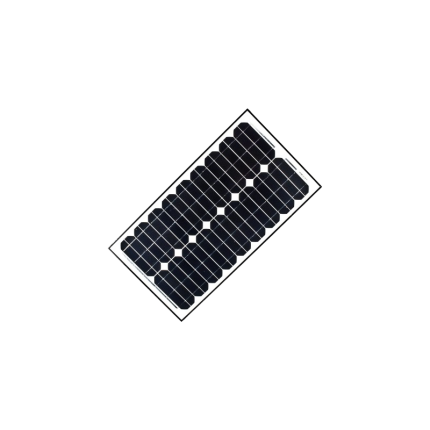
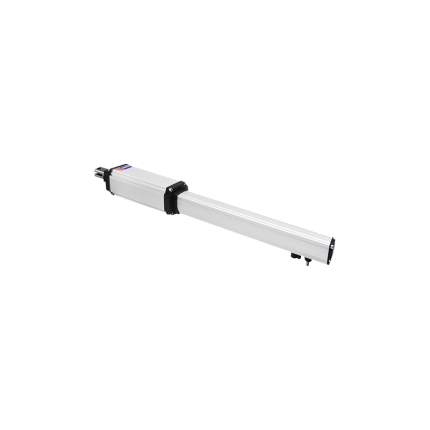
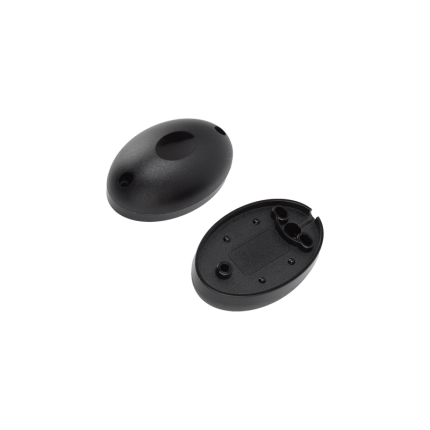

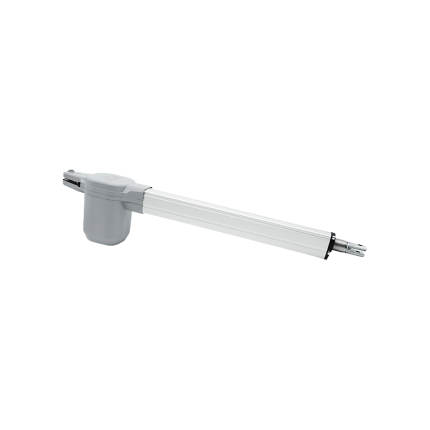
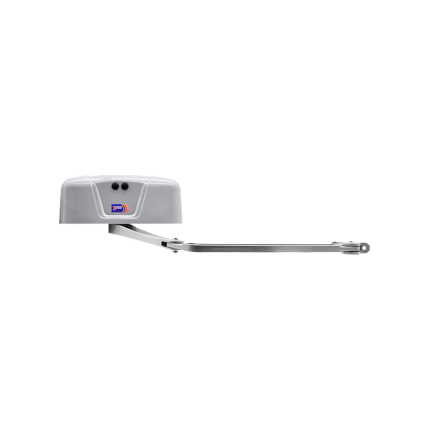
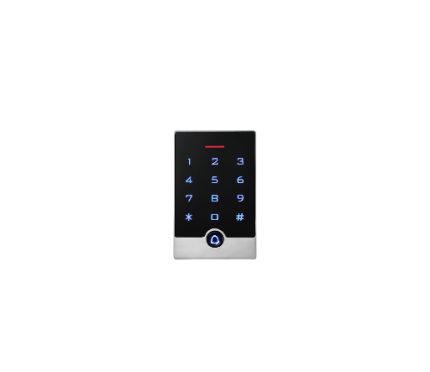
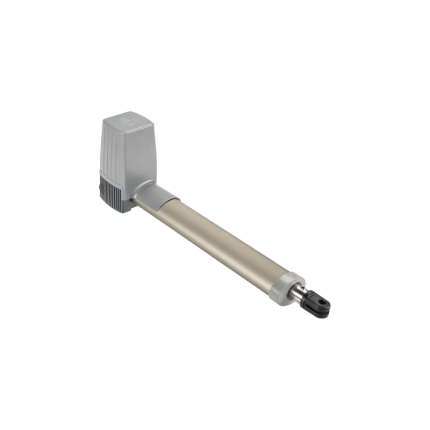
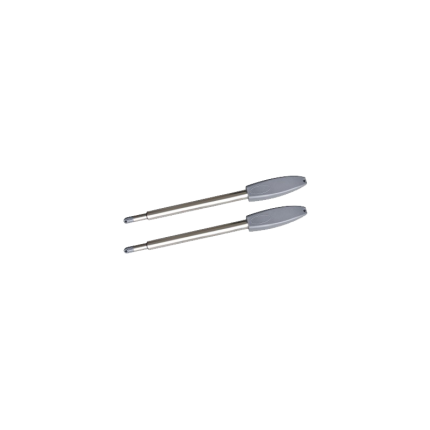
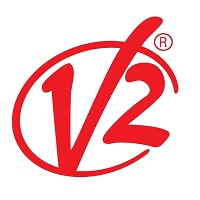
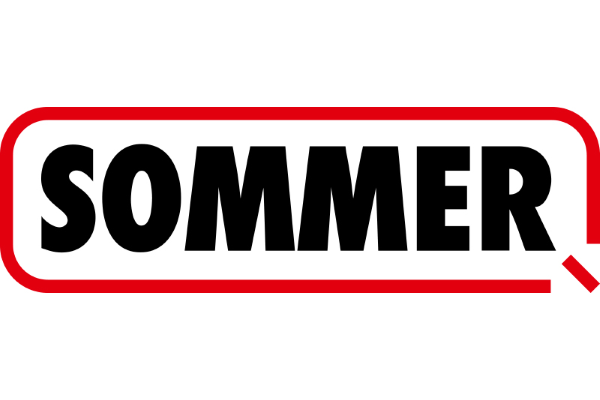
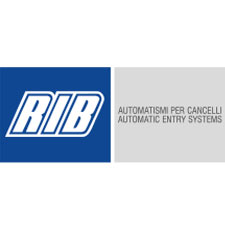


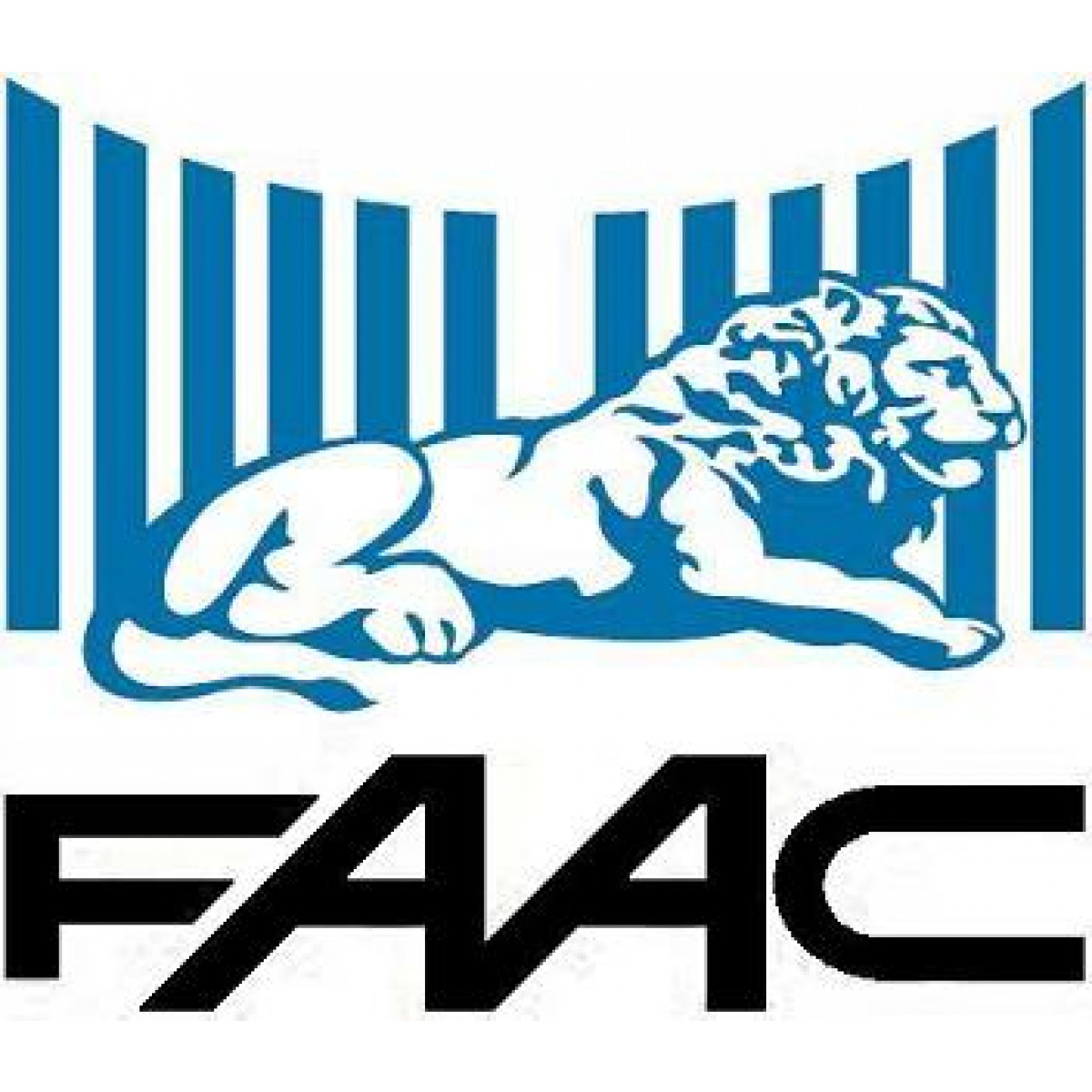

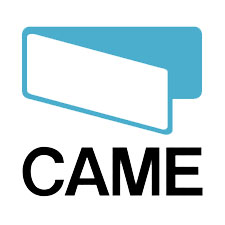

Reviews
There are no reviews yet.